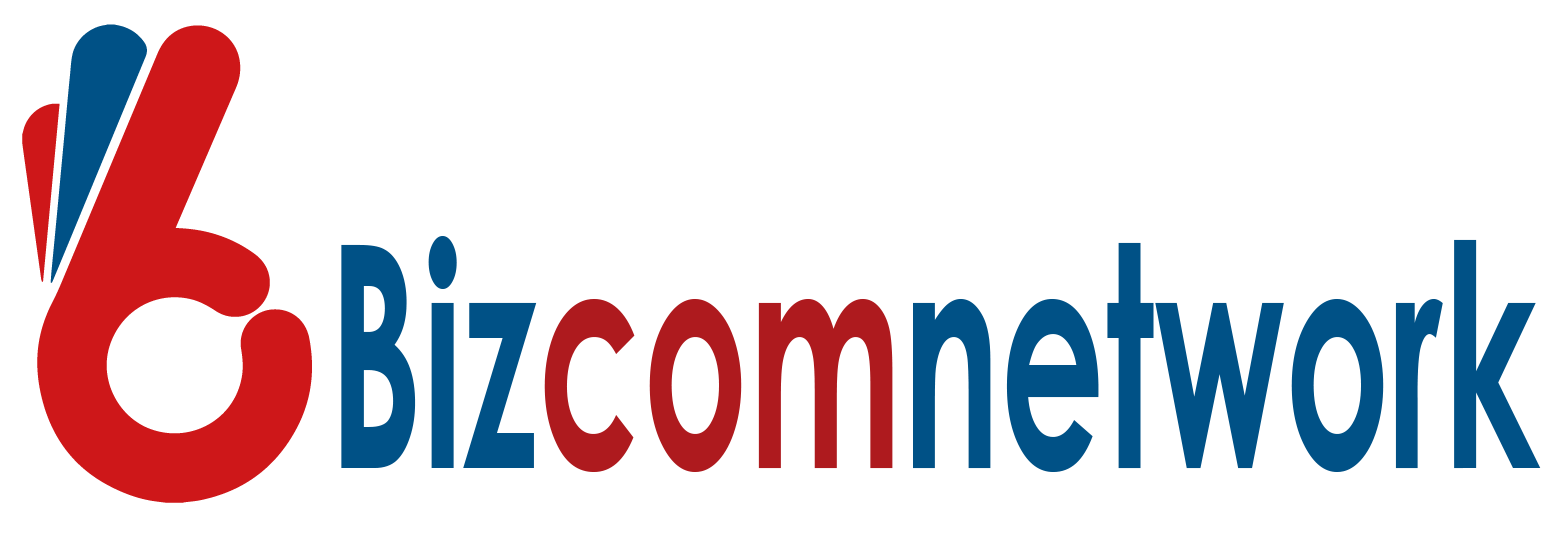What is Domain Authority, Page Authority, and Spam Score: A Detailed Guide
In the ever-evolving world of digital marketing, understanding key metrics like Domain Authority (DA), Page Authority (PA), and Spam Score can significantly impact your website's performance and ranking on search engines. These metrics, developed by Moz, are essential for evaluating the quality and potential of your website. Let's dive into what they mean and how they influence your SEO strategy.
What is Domain Authority?
Domain Authority (DA) is a metric that predicts how well a website will rank on search engine result pages (SERPs). It ranges from 1 to 100, with higher scores indicating a greater ability to rank. Moz developed DA as a comparative metric to help businesses understand their site’s ranking potential relative to competitors.Key Factors Influencing DA:
Root Domains: The total number of unique domains linking back to your site.
Content Quality: High-quality, relevant, and regularly updated content.
Social Signals: Engagement on social media platforms.
Technical SEO: Website structure, mobile-friendliness, and loading speed.
Improving Domain Authority:
Create Engaging Content: Produce valuable content that attracts and retains visitors.
Optimize Technical SEO: Ensure your website is technically sound and user-friendly.
What is Page Authority?
Page Authority (PA) measures the ranking potential of a specific page on your website. Like DA, it ranges from 1 to 100, with higher scores indicating a better chance of ranking highly on SERPs. PA is particularly useful for evaluating the effectiveness of individual pages and their content.Key Factors Influencing PA:
Backlinks to the Page: Quantity and quality of links pointing to the specific page.Content Quality: The relevance and depth of the content on the page.
User Engagement: Metrics like time on page, bounce rate, and click-through rate.
Improving Page Authority:
Optimize On-Page SEO: Use relevant keywords, meta descriptions, and title tags.Build Internal Links: Link to the page from other authoritative pages on your site.
Promote Content: Share the page on social media and other platforms to drive traffic.
What is Spam Score?
Spam Score is a metric that indicates the likelihood of a website being penalized by search engines. It ranges from 0% to 100%, with higher percentages suggesting a higher risk of being flagged as spam. Moz uses 17 different factors to calculate Spam Score, including questionable link practices, thin content, and poor site structure.Key Factors Influencing Spam Score:
Unnatural Link Patterns: Excessive links from low-quality or irrelevant sites.Thin or Duplicate Content: Pages with little or no original content.
Over-Optimization: Keyword stuffing and overly aggressive SEO tactics.
User Experience Issues: Poor site design, excessive pop-ups, and slow loading times.
Reducing Spam Score:
Audit Your Backlinks: Remove or disavow harmful links from low-quality sites.Improve Content Quality: Ensure your content is original, valuable, and relevant.
Follow SEO Best Practices: Avoid black-hat SEO techniques and focus on long-term strategies.

